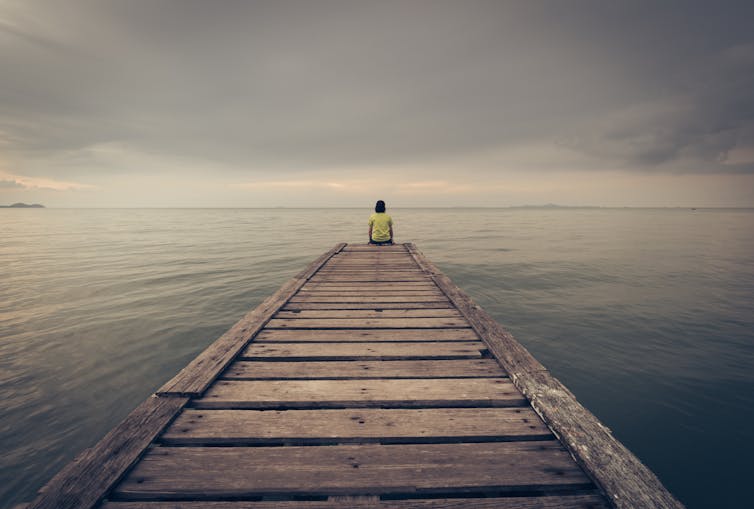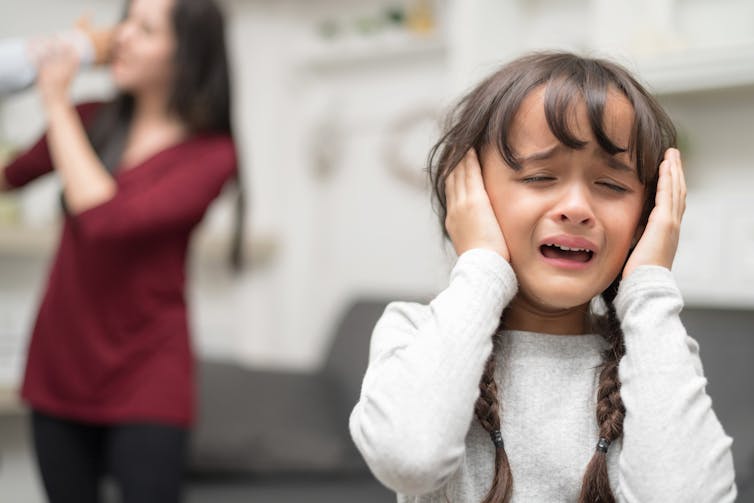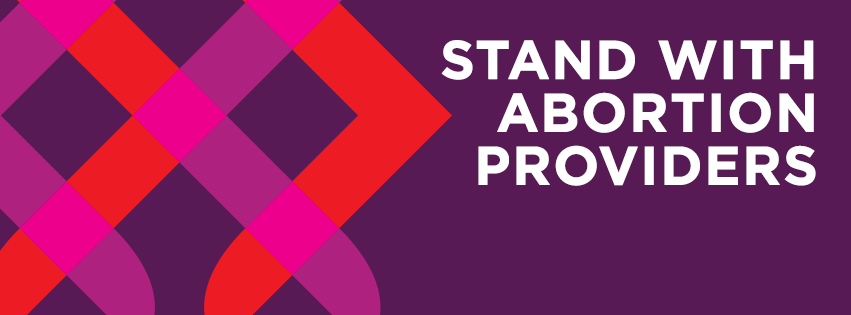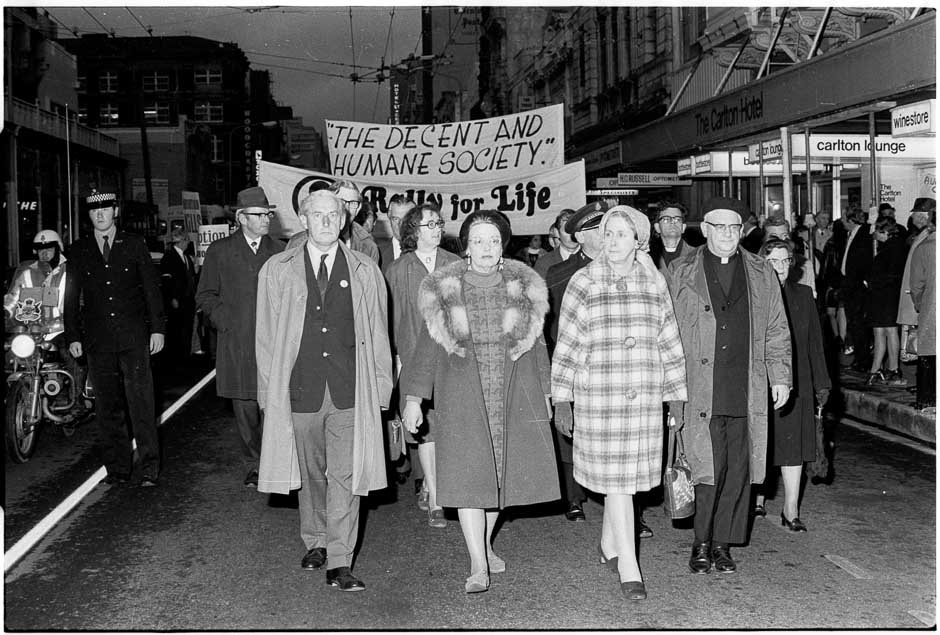Attitudes to women who have more than one abortion need to change

One in three women in the UK will have an abortion in her lifetime. But despite being a common medical procedure, abortion – which was partially legalised 50 years ago this month – continues to be stigmatised in the media and elsewhere in many different ways, meaning it is rarely talked about.
One abortion may be viewed as a reasonable “get out of jail free” card; having more than one abortion is often presented as beyond the pale. A woman might be able to decide she cannot continue with a pregnancy once, but to do so more than once speaks of her irresponsibility, fecklessness and failure to use contraception.
We recently carried out research on women in Scotland who’d had more than one abortion. Our findings highlighted some key barriers faced by women seeking abortions, which fail to be recognised because of commonly-held assumptions. These relate to problems with contraception, intimate partner violence, life aspirations and social or economic disadvantage. And what do these problems have in common? They are all factors over which a woman may have little or no control, and which are compounded by feelings of shame and stigma.
Problems with contraception
Finding the right contraceptive can be difficult for some women; options remain relatively limited, and side effects can be disruptive and offputtingly grim. Plus, contraception does not always work, and the burden of trying to ensure that it does continues to fall disproportionately to women.

What some may find most surprising is that most women in our study were using contraception when they became pregnant – particularly those who had undergone a previous abortion. For most interviewees it was the failure of condoms or the pill that resulted in their most recent pregnancy. Many had tried other “long acting” methods, such as contraceptive implants or intrauterine devices in the past, but had experienced problems. What this suggests is that women are not treating abortion “like contraception”, but are having problems finding a method that suits and works for them and their partner.
Domestic violence
The link between intimate partner violence and abortion has long been acknowledged, and abortion clinic staff are trained to look out for signs of an abusive relationship. We found that for many women seeking more than one abortion, experiences of violent or controlling relationships were common and contributed to their decision to end a pregnancy on at least one occasion.
For some, this included partners refusing to use condoms or let the woman use the pill. For others, escalating physical violence led to the termination of a planned pregnancy, or meant that abortion was the only way to break ties with an aggressive or violent man.
Aspirations and disadvantage
Reproductive rights advocates often point out that the power to decide if and when to have a pregnancy is fundamental to gender equality. Women need to be able to decide if and when they want to be pregnant in order to have the kinds of lives that they want.
Issues relating to life aspirations and social or economic disadvantage loomed large in women’s decisions to seek abortion more than once, with many citing not having their own home, still being in full-time education and career or other life ambitions as reasons they did not want to be pregnant. Their experiences suggested that caring commitments, concerns about existing children, and financial instability were also significant factors.
‘Here I am again’
The fact that women may increasingly be trying to obtain abortion medications via the internet has recently received attention. For some women we spoke to, this was the case primarily because they felt so uncomfortable about having to return to their local abortion service, admit that it had happened again and face what they believed would be negative judgement from health professionals. For some who did return to services, this attitude was all too real.

Beyond those who sought options online, many women we spoke to had also experienced significant health problems prior to their pregnancies, including severe anxiety and depression. Their need to prioritise their own health had contributed to their decisions to seek abortion. Unfortunately, feelings of shame arising from the stigma around abortion had in turn had a negative impact on their mental well-being in the short term. For some, this meant they felt unable to talk to friends or family, even when they had been previously supportive, for fear of being judged for making the same “mistake” again.
What this all points to is that there needs to be less focus on how many abortions women have and less judgement of those seeking more than one. Instead we need greater focus on the gender inequalities which result in women bearing the brunt of pregnancy prevention and experiencing violence in intimate relationships.
No woman should be deemed irresponsible, feckless, or a failure for needing more than one abortion. And no woman should see her life aspirations, physical or mental health stymied by pregnancies she does not want or feel able to continue.![]()
*****************************************************************************************
Carrie Purcell, Research Associate, MRC/CSO Social and Public Health Sciences Unit, University of Glasgow, University of Glasgow
This article is republished from The Conversation under a Creative Commons license. Read the original article.



